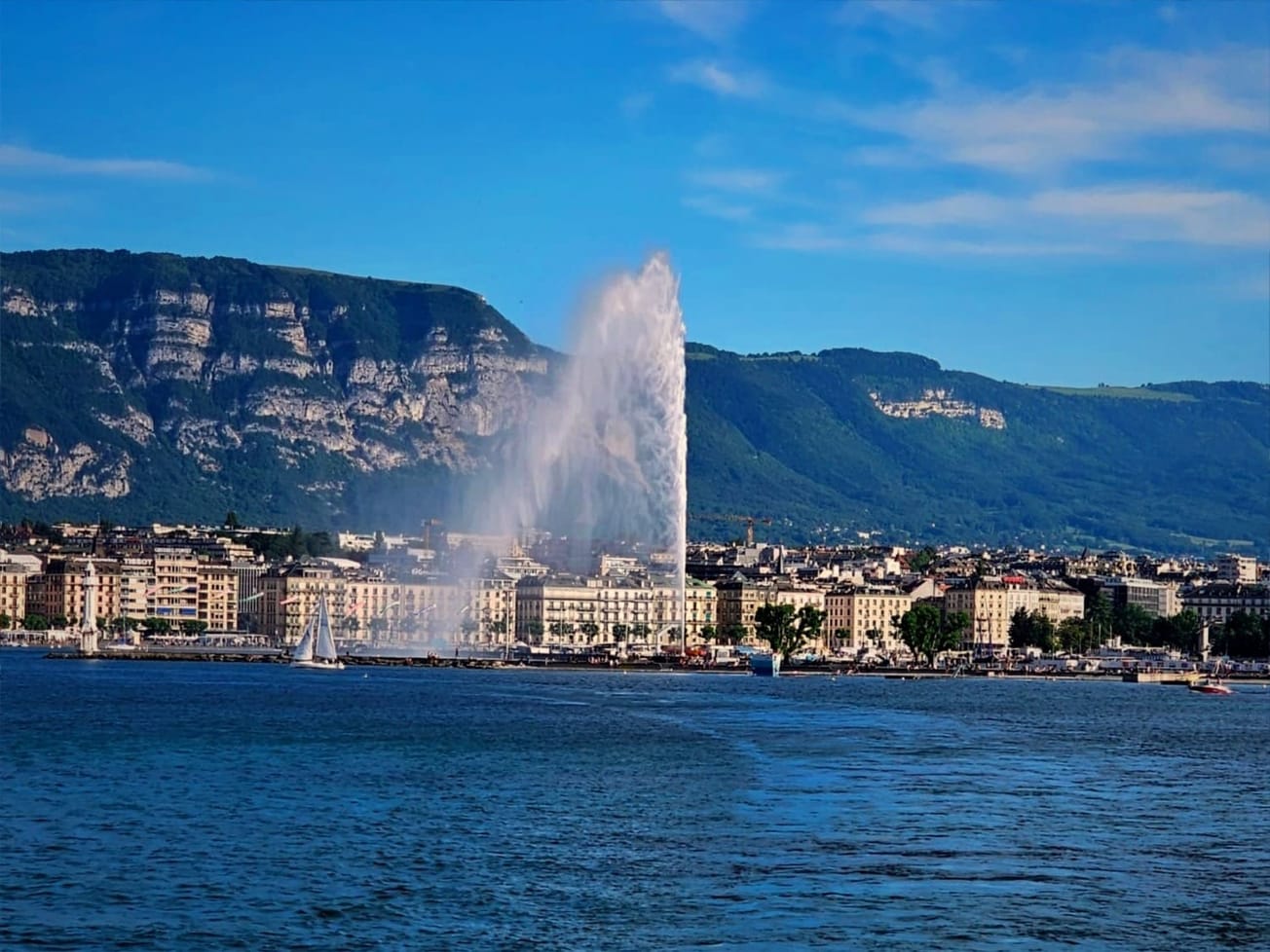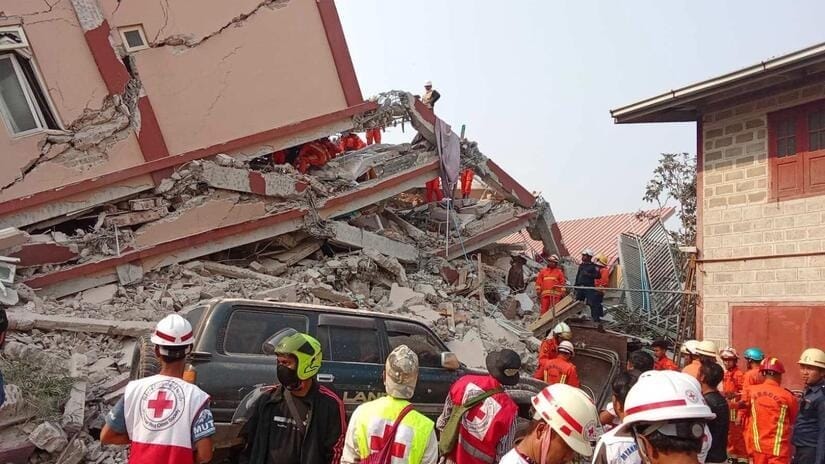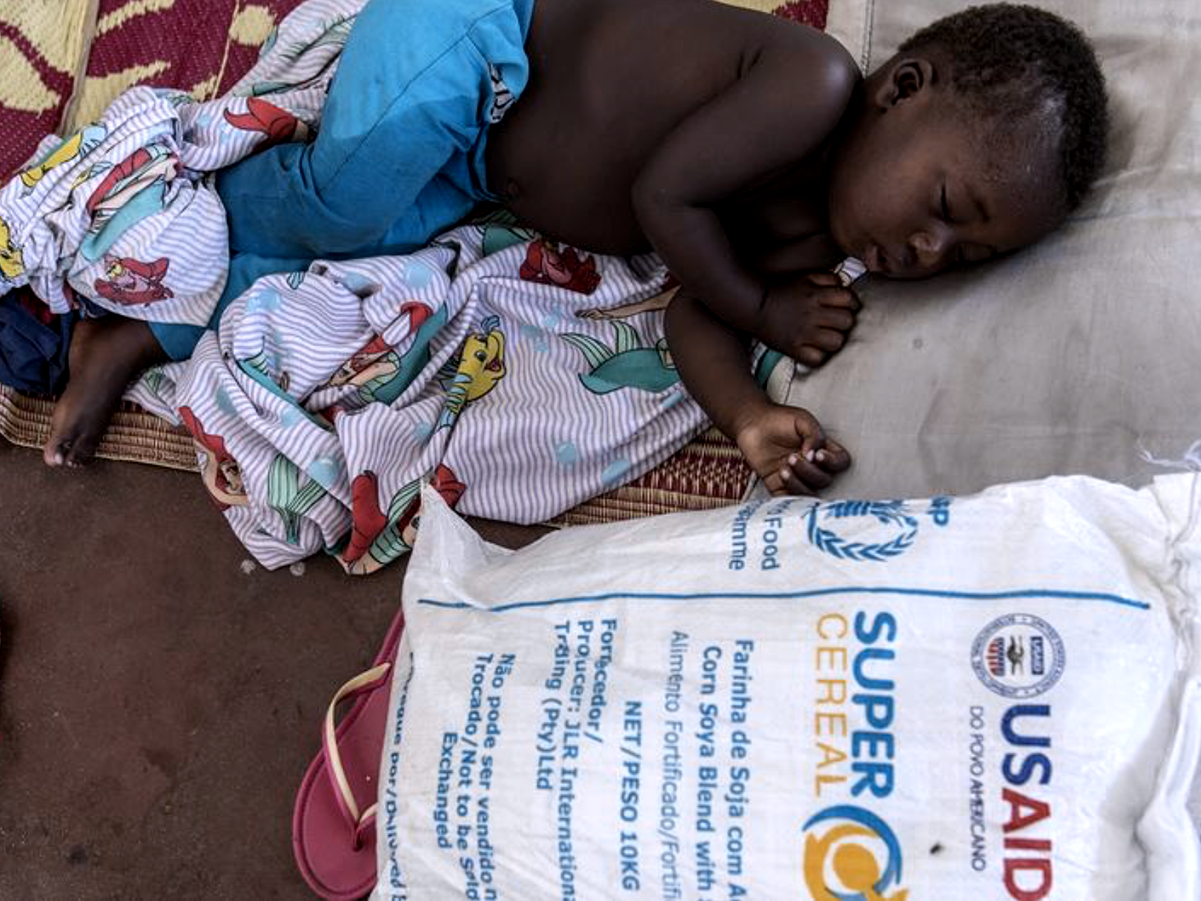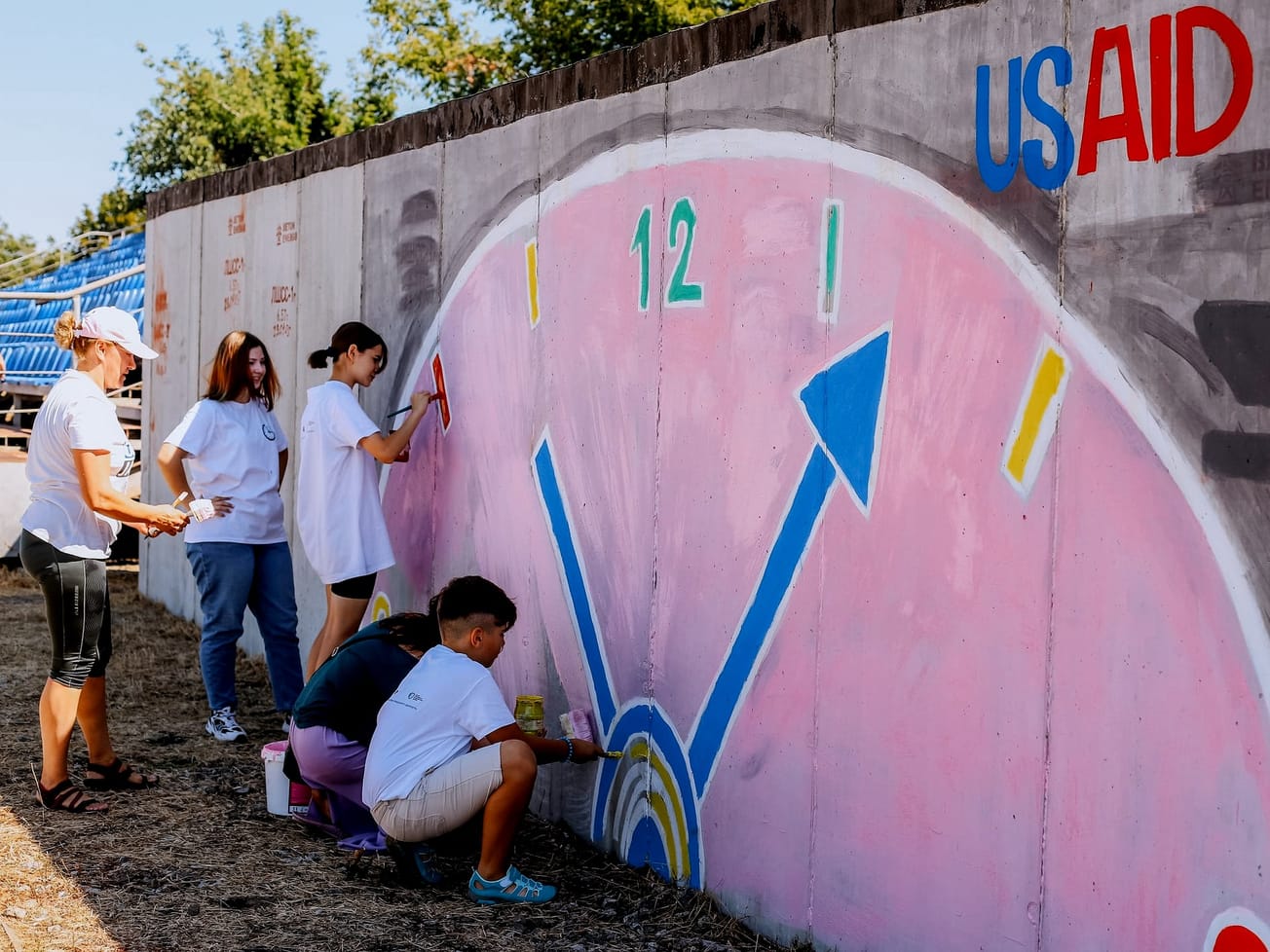GENEVA (AN) — The United Nations Security Council marked the 75th anniversary of the landmark 1949 Geneva Conventions with a tour aimed at reaffirming international humanitarian law.
Invited by Switzerland, a member of the 15-nation council until the end of the year, diplomats on the powerful U.N. panel paid an informal visit to Geneva on Monday to meet with technical experts in conflict prevention. Switzerland will hold the council's monthly rotating presidency in October.









